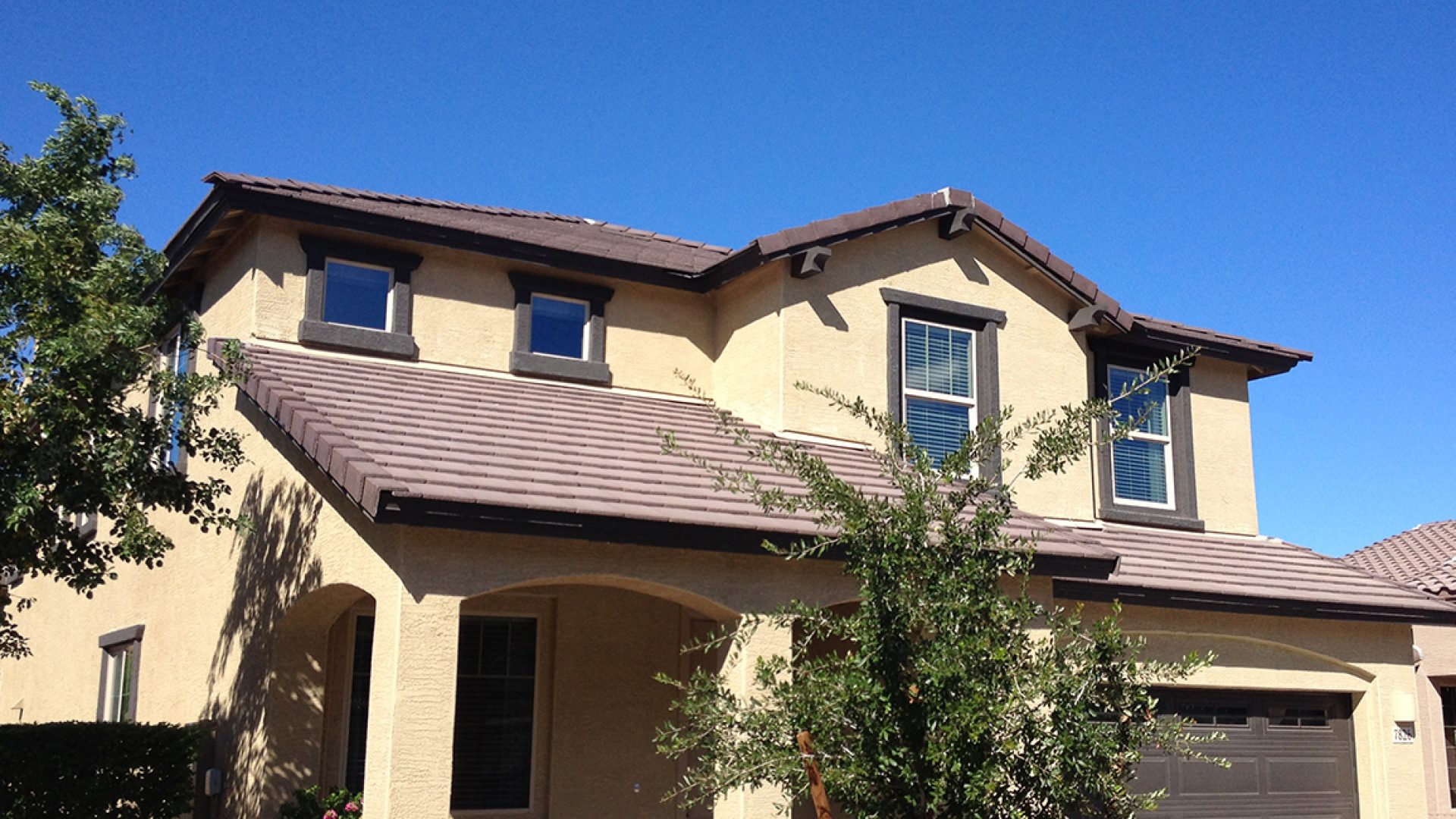Will the Federal Reserve decide to increase mortgage rates anytime soon? And how will that affect your decision on when to purchase a new home? This article from Lisa Prevost of The New York Times offers some advice, and gives potential new home buyers some helpful mortgage tips.
The intense media focus on when the Federal Reserve will finally raise its benchmark interest rate above zero can be nerve-wracking for home buyers. Many might be wondering whether they should rush to close on a deal before a move by the Fed causes mortgage rates to climb.
While it might be smart to expedite deals already in the works, those who aren’t quite ready to buy shouldn’t feel pressured. Mortgage rates are influenced by many factors, some of which can be controlled by borrowers to get a better deal.
When the Fed does act, the effect is unlikely to be an immediate spike in mortgage rates, said Jonathan Smoke, the chief economist for Realtor.com. What’s more likely, he said, is a gradual increase in rates totaling around half a percentage point over a 12-month period.
One could even argue that “rates could stay the same or possibly go down when the Fed moves,” said Bob Walters, the chief economist for Quicken Loans, the online lender. “It’s not as though the long-term rates move in lockstep with the federal funds rate, which is a very short-term rate. And when they do move, the market’s not going to be surprised. A lot of that is anticipated.”
So instead of worrying about the Fed, borrowers might do better to concentrate on rate factors within their control. First and foremost is the type of loan they choose. Initial rates are significantly lower on adjustable-rate mortgages, called ARMs, relative to a 30-year fixed, but these loans may not make sense for buyers who plan to stay in their homes for more than five to seven years. As the rate adjusts, it could become less affordable.
One way for home buyers who opt for a fixed-rate loan to drive down their rate is by paying points upfront – essentially prepaying interest. This strategy may make sense for buyers who can afford it and who plan to be in their homes for a long time, Mr. Walters said.
Two other factors that influence rates are credit scores and down-payment levels. Credit scores, in particular, have a considerable effect. On a conventional mortgage, the span between rates offered to borrowers with lower FICO credit scores (in the 600s) versus high (750 or higher) can be as much as a percentage point, Mr. Walters said.




